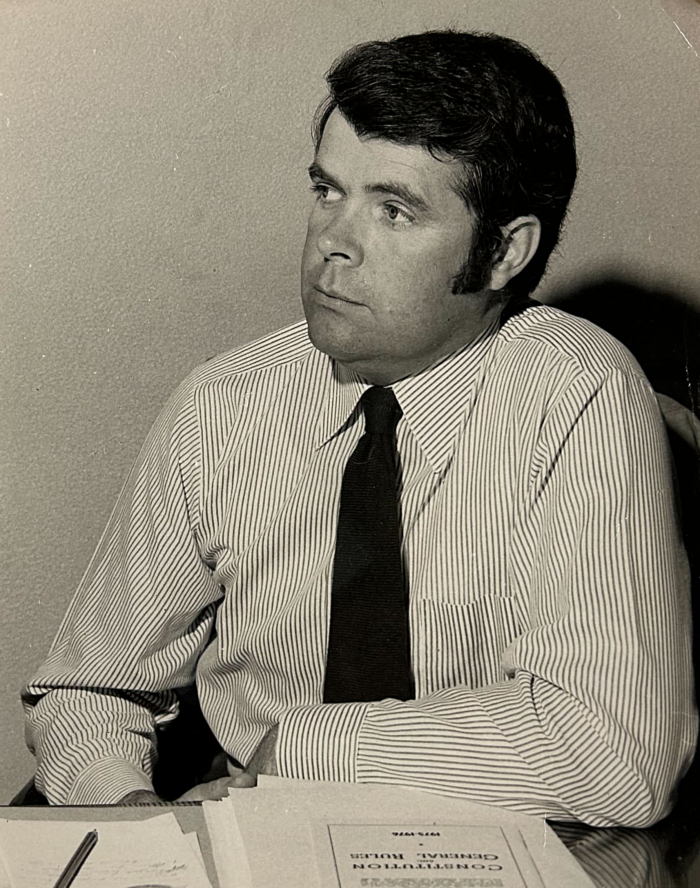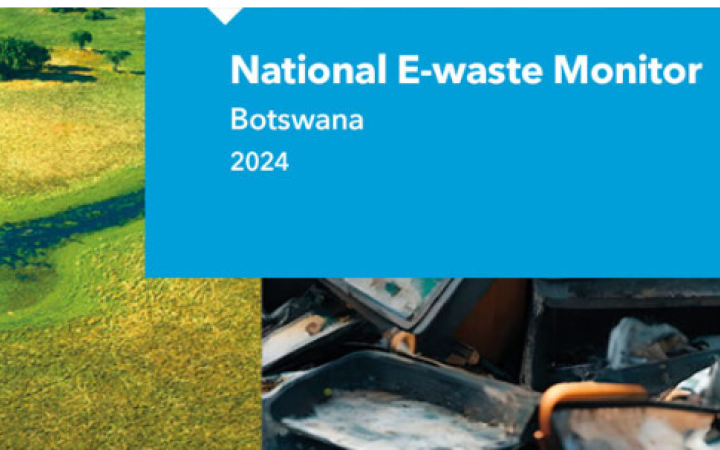With much attention currently being directed at how classroom music teaching can be improved in Australia’s state school system, private music teachers could easily be forgiven for feeling left out of the picture. And that includes both self-employed teachers who conduct teaching in their own home or studio and those who come into schools to teach students – one-on-one or in groups – during school time. In truth, the role they play in young people’s experiences and participation in music is no less important.
It follows then that private teaching has its own separate set of concerns that need considering. One is how, by working outside of the formal education system, they nevertheless contribute in no small measure to the educational outcomes of students who choose music as one of their pathways during their school years. Yet private teachers can feel professionally isolated and not part of the loop of the classroom peers.
It owes to how private teaching arose as independent of the school system in the first place. A paper ‘Isolation in studio music teaching: The secret garden‘ written by Kim Burwell (University of New South Wales), Gemma Carey (Queensland Conservatorium) and Dawn Bennett (Curtin University) in 2017 examines the unique factors that has set studio teaching apart historically. In it, they argue that private teaching has grown out of the centuries old conservatoire model that is founded on a master-apprentice relationship.
This brings both plusses as well as minuses, the authors say. The pluses lie in the powerful mentorship and influence that can grow from such one-on-one music teaching. However, by being attached to the conservatoire model it can perpetuate some of its closed assumptions, attitudes and practices. Conducting classes in confined physical spaces largely or wholly away from external monitoring does not help either, creating potential anxiety for the teacher.
Networking and professional development opportunities can be of real benefit in all these respects, they suggest. “Personal and professional contact among studio teachers can help to overcome such feelings of insecurity,” write the authors. The problem of course is finding time. “For private and hourly-paid teachers, a desire to attend PD events has to be balanced against the cost of taking time out from paid work, and activities scheduled outside of normal business hours often occur at the very time in which many studio teachers are working,” they write.
Jayne Davidson has also written about these kinds of concerns in her 2014 paper, ‘The role of professional learning in reducing isolation experienced by classroom music teachers’. In this she advocated that connection with fellow music teachers is “essential in alleviating professional isolation”, and she urged that dialogue – at a time when the Australian Curriculum that was being implemented – was essential in advancing music education generally and that it represented “an opportunity for music teachers to engage and communicate on a national scale”.
Here we look at a range of professional development opportunities for music teachers – both classroom and private but concentrating on the latter – that are coming up in coming months. This diary is by no means exhaustive, and we can only touch on what is available.
We begin with Music Australia’s offerings. Music: Count Us In (MCUI – which incidentally culminates in Celebration Day 2019 on 7 November – incorporates a well-developed Professional Development program that is offered free primarily to school-based teachers. An advantage is that they operate on a digital platform that allows teachers outside major metropolitan areas to make use of them. Live sessions are held in major cities and regional areas (such as Wagga Wagga for example) and have been live streamed for subsequent viewing, so they are accessible to teachers in all areas.
“There have been different approaches in different states and territories, for example in Tasmania and Victoria we did mini tours to lots of areas, even working directly with classes in some schools, whereas in other states we focused on filmed or livestreamed events from central locations. We took the lead from local teachers on this,” says Music Australia Program Manager, Ruth Mulvey.
See a collection of these streams here – any teacher can access them. “So great to be able to access a relevant PD when living in the country” and “That was a great PD and I am excited to get in there and give lots of your suggestions a go”, two viewers remarked. “Loved watching these – so many new ideas I can used for lots of different lessons,” said another.
Check out the Australian Society for Music Education’s website too, because each of its state chapters have listings of PD events that routinely come up.
Musica Viva also offers a range of face-to-face and online professional development opportunities, intended both for generalist classroom teachers and music specialists. “While our resources and PD are primarily aimed at Primary school teachers, all are welcome, from pre-school through to secondary, LOTE and SSP teachers, home-schooling parents and pre-service university education students,” says Musica Viva In Schools.
PD opportunities specifically aimed at the private or studio teacher are offered by a range of other bodies. Music teacher associations around the country are a first port of call. The Music Teachers Association of New South Wales has just held a Music Teacher Festival and is following this up with a piano workshops with Andrew Chubb on 20 October at Hunter Valley Grammar School, Maitland. Keep an eye out for MTA NSW’s Conference 2020 – ‘Inspire’ – in October next year.
The Victorian Music Teachers Association is holding its Term 4 Student Concert on 2 November at Box Hill. Family, friends, and VMTA members can all come free to this.
The South Australian Music Teachers Association is holding a Professional Development Day on 10 November in Unley. New approaches to teaching woodwind, violin and piano are being discussed, and certificates of completion will be issued.
The Australian National Association of Teachers of Singing (ANATS) hosts national and state based professional development events, and is convening its next biennial National Conference in October 2020 in Adelaide. This will include a range of PD and social networking opportunities.
This is just a brief snapshot of what is going on. Also look out for events at the Australian Strings Association (AUSTA), the Australian Flute Society, the Australasian Double Reed Society (ADRS), Australian Trumpet Guild, state-based Suzuki associations, the biannual Australasian Piano Pedagogy Conference, and local listings.







